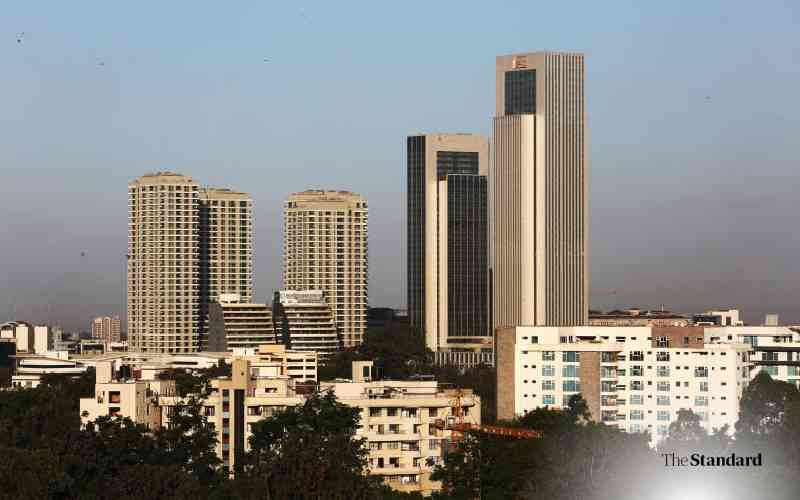
Nairobi is at a crossroads in its urban development movement. The city has a lot of potential to become a globally competitive metropolis as it is the economic and technological centre of East Africa.
But to become a world-class city, Nairobi should focus on both the infrastructural and spatial changes and governance issues that are of critical concern while exploiting its strategic resources. The transformation will need a comprehensive strategy which is based on sound economic planning, investment prioritisation as well as urban policy reforms.
One of the most pressing issues is improving the city’s drainage and sanitation infrastructure. The long gaps in managing stormwater are emphasised by frequent flooding during rainy seasons. These floods have economic costs, including property damage, business disruption, and health hazards to the population. This means that the city that wants to be a global one should have modern drainage systems and have a combination of green cover like retention parks and enforce zoning rules, which will ensure that no development is done on natural waterways. Cities such as Singapore and Seoul managed to make similar transitions to the level of huge investments in modern urban water management in order to reduce flood impacts and encourage the sustainability of growth.
Traffic decongestion is also important. Traffic congestion in Nairobi has been estimated to cost billions of money in lost productivity and wastage of fuel per year. Some solutions have been tried and tested in cities that were once similar to Nairobi with growth pressures like Bangkok and Johannesburg. With Bus Rapid transit, improvement of commuter rails as well as fast trains, expansion and modernisation of the public transport will decrease the use of personal cars. Along with this, encouraging the use of non-motorised transport through cycling paths, walking pavements and e-bikes will not only decongest the city but will also make people healthier and decrease emissions. Every world city is characterized by efficient mobility infrastructure.
Tightly connected to the mobility in the city is the necessity to restructure the business operations in the central business district. The informal sector is very valuable in the livelihoods but the presence of hawkers in the streets and sidewalks also results in disorder, inefficiency and congestion. Exclusion is not the answer but an orderly merger. Livelihoods can be fostered by creating special trade zones, development of modern market centres and micro-small enterprise areas; this can help to bring sanity in major areas of concern.
Security is another key area. A global city should guarantee security to the natives, visitors, and investors. Smart surveillance, community policing, better street lighting, and quick emergency response systems are some of the investments that can bring huge economic and social returns. Security increases investor confidence, tourism potential and livability index.
Nairobi has an edge that is hardly achievable by other African cities: it is a major technological and innovation centre. The presence of multinational technology companies, fintech companies, and digital entrepreneurs makes the city a potential globally relevant Silicon Savannah. To capitalise on this advantage, the government ought to invest in digital infrastructure, fund research institutions, and encourage innovation districts that integrate workspaces, universities and cultural centres.
Policy alignment and governance reform is necessary to speed up the process. The city should be shielded against the political cycles and have a master plan on long-term development. The mobilisation of capital in large-scale projects can be organised by public-private partnerships and decentralisation may make the local authorities responsive to the needs of the community.
World-class status is within reach for Nairobi and it is achievable. It requires investment and planned governance, a sustainable planning process and the willingness of all to make the vision a reality. Nairobi has the potential of being a regional powerhouse and even a city envied across the world.